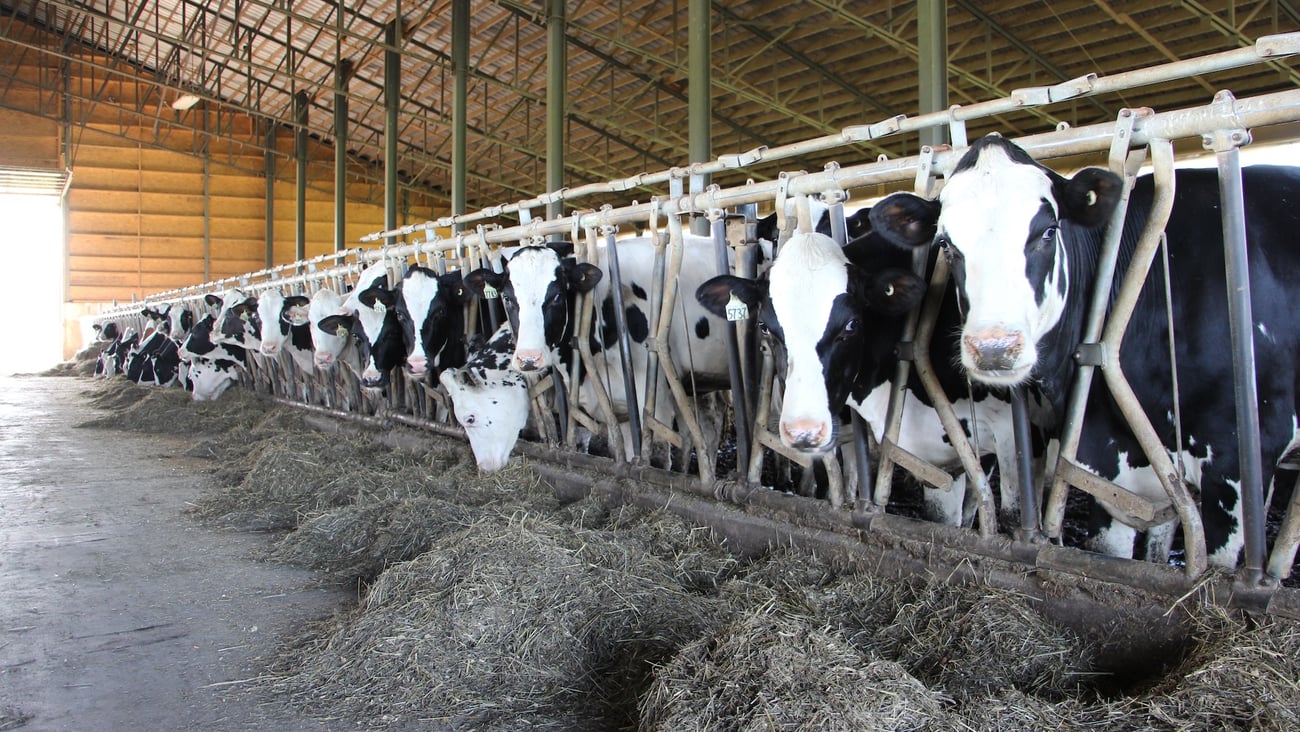Why lab-grown meat needs an advocate
Leonardo DiCaprio recently invested in two American cultured meat startups: Aleph Farms and Mosa Meat. This is the same actor who invested in a vegetable protein company even before the plant-based phenomenon was a thing. That company was Beyond Meat, now worth more than $8 billion. He saw it coming before the rest of us. But the idea of replacing the livestock industry with labs is simply mesmerizing.
It’s a fascinating concept: The thought that one day, before long, humanity would no longer need to raise livestock to enjoy animal protein. In just a few years, we could potentially grow meat in labs and even on our kitchen countertops in small stainless-steel bioreactors. Meat recalls and the problems faced by meat packing plants during the pandemic could potentially be things of the past. The idea of slaughtering animals could be seen as ancient and barbaric.
It's now legal to sell cultured chicken in Singapore and many other countries are considering the idea. A McKinsey & Co. report recently suggested the global cultivated meat market could reach US$25 billion by 2030. Forecasts are also suggesting the production price would drop significantly over the next nine years, from more than $10,000 per pound today to approximately $2.50 per pound. This will be a godsend for climate change advocates.
Cattle consume about 25 calories of plant material for every calorie of edible protein they produce for the market. Even chickens, the most efficient plant-to-meat ratio, will eat nine to 10 calories of food for every calorie of edible protein produced. Cultured meat would offer a four-to-one ratio. Comparisons aren’t even close. And, while the Western World is slowly pricing carbon, our new distribution and production economics will be the incentive for more sustainable production of animal proteins.
The science needs work, though. Globally, there are currently more than 100 different research projects on cultured meat funded by venture capitalists and philanthropists, yet cultivated meat companies have repeatedly missed product launch deadlines. Creating the right product is challenging for a variety of reasons.
Putting our environmental enthusiasm aside, shifting our collective attitude towards accepting cultured meat won’t be easy either. Food is cultural, and culinary traditions have given meat a privileged role over centuries. Allowing labs to replace farms won’t be a natural shift. Most important, land occupancy will become a critical issue when converting to more lab-grown food. With fewer animals to feed, we must question how to use our farmland over time. More cultured meat in our diets may mean fewer farms and farmers, compromising our rural economy’s chances of future prosperity. That’s certainly a challenge, especially here in Canada. Expect groups to push back, as we have seen with the plant-based movement of late.
Cultured meat has the potential to change our relationship with animal proteins. But as with other disruptive technologies that can assure the betterment of our planet, the change won’t come easily. Elon Musk understood a long time ago that to give the electric car its proper due--and push aside the powerful car dealership cartels, the influence of the oil industry and the incredible economic clout of car manufacturers--he needed to build a case for the e-car with the consumer. And he did. Musk simply became the communicator and dreamer the electric car needed. Fifteen years ago, many of us considered Musk crazy, but look at Tesla today. The company is worth more than $700 billion. Just an incredible story.
If lab-grown food is ever to become a thing, the industry will need its own Musk. Or this time, that person might be Leonardo DiCaprio.




